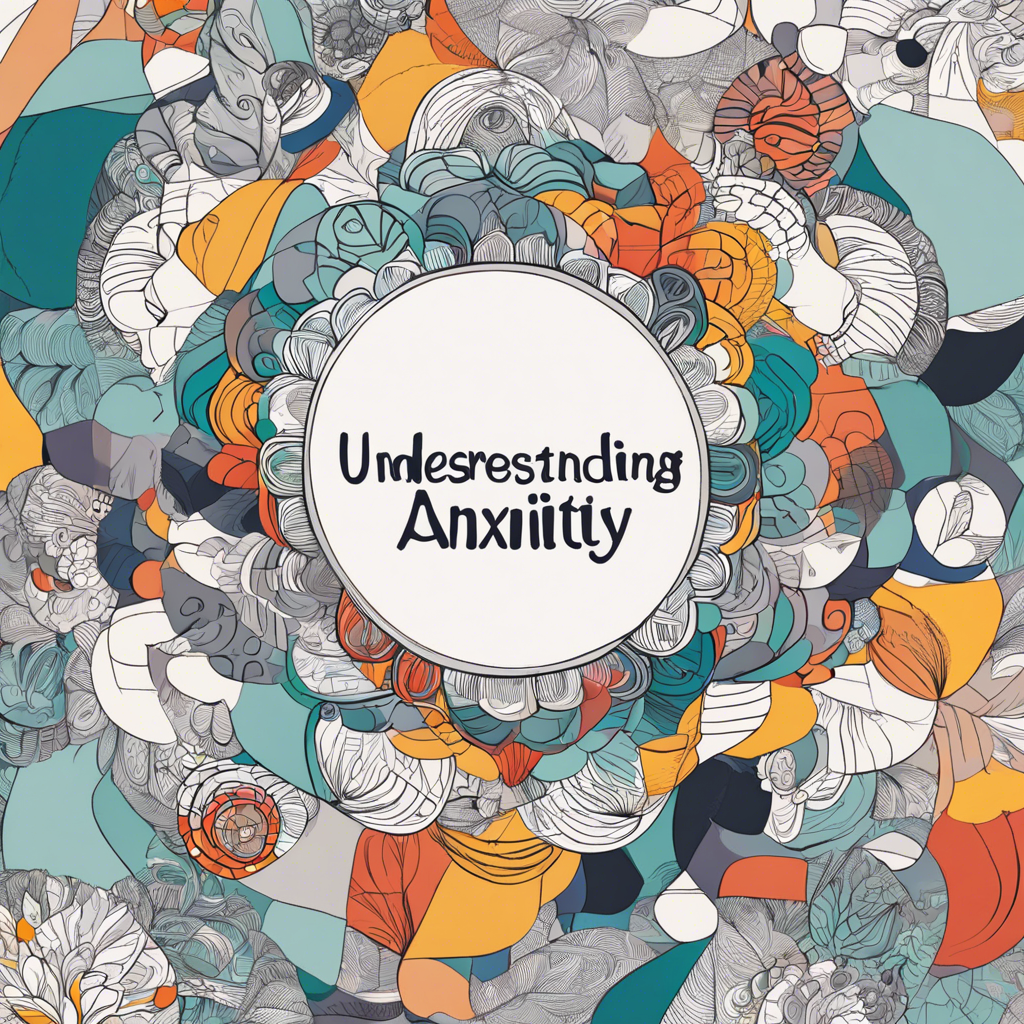Anxiety is a natural and normal reaction to stress, but when it becomes excessive and interferes with our daily lives, it can be a cause for concern. Managing anxiety is about understanding the triggers and adopting a holistic approach that addresses the mind-body connection. This means recognizing the physical, mental, and emotional aspects of anxiety and tending to each with specific strategies.
To start, it’s important to identify the sources of anxiety in your life. Reflect on the situations, thoughts, or stressors that trigger anxious feelings. Are there specific events, deadlines, or interactions that consistently elicit a sense of worry or fear? By identifying these triggers, you can begin to develop tailored strategies to manage them effectively.
The holistic approach to managing anxiety emphasizes the importance of self-care and lifestyle modifications. This includes adopting relaxation techniques such as deep breathing, meditation, or yoga, which can help calm the mind and soothe frayed nerves. Physical activity and spending time in nature can also be powerful tools, as they not only provide a break from anxious thoughts but also release endorphins that boost your mood and improve overall well-being.
In addition to these practices, it’s crucial to maintain a balanced and nutritious diet. Research has shown a strong link between what we eat and our mental health. A diet rich in anti-inflammatory foods, healthy fats, and complex carbohydrates can support overall brain health and improve our ability to manage anxiety. Certain supplements, such as magnesium and B vitamins, may also help alleviate symptoms of anxiety by supporting the nervous system.
Another essential aspect of anxiety management is challenging negative thought patterns. Our thoughts have a significant impact on our emotions and behaviors. Through cognitive-behavioral techniques, we can learn to identify and reframe unhelpful thoughts, developing a more positive and realistic mindset. This might involve recognizing and disputing irrational beliefs or practicing self-compassion and positive self-talk.
Furthermore, a holistic approach to anxiety management encourages the development of strong social connections. Sharing your experiences and seeking support from loved ones can provide a sense of belonging and perspective. Whether it’s reaching out to friends and family or joining support groups, connecting with others can help reduce feelings of isolation and provide valuable coping strategies.
Managing anxiety is a highly individualized process, and what works for someone else may not work for you. Experiment with different techniques and strategies to discover what helps calm your mind and body. This might include exploring creative outlets, such as journaling, painting, or playing an instrument, which can provide a healthy distraction and a means of expressing emotions.
Lastly, it’s important to remember that seeking professional help is a sign of strength and self-care. If anxiety is interfering with your daily life, consider reaching out to a therapist or counselor. They can provide additional tools and support tailored to your specific needs, helping you manage anxiety more effectively and improving your overall quality of life.
